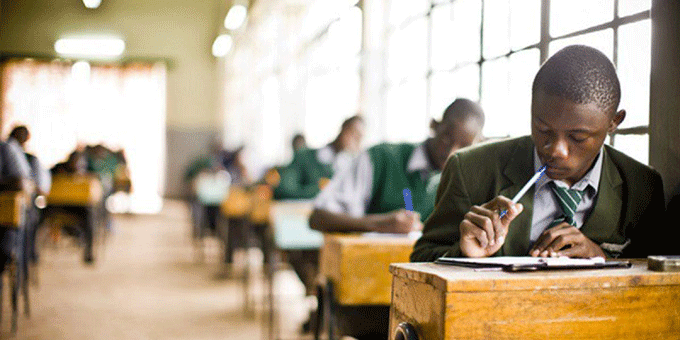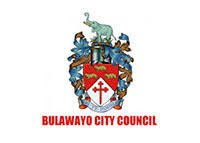
BY KENNETH NYANGANI/CATHERINE MUCHIRI
GOVERNMENT has raised examination fees by up to three times, and immediately attracted brickbats from weary parents.
Many parents, still to come to terms with school fees hikes and already battling to make ends meet, say they have been devastated by the new hike.
The new examination fee structure could trigger massive dropouts as more parents are finding the going tough in meeting their children’s education demands.
According to a circular seen by NewsDay, Grade 7 examination candidates will pay $4 388 while the government will pay $5 362 giving a total of $9 750. Ordinary Level candidates will pay $1 620 while the government will pay $1 980 per subject giving a total of $3 600.
Last year students paid $742 after a 55% subsidy from the government. The government paid $906 to make the total $1 648.
Advanced Level candidates will pay $3 240 up from $1 080 per subject last year, while the government will pay $3 960 giving a total of $7 200.
The government can only pay for seven subjects and students are expected to pay for extra subjects in full at $3 600 for ‘O’ Level and $7 200 for A Level.
- Chamisa under fire over US$120K donation
- Mavhunga puts DeMbare into Chibuku quarterfinals
- Pension funds bet on Cabora Bassa oilfields
- Councils defy govt fire tender directive
Keep Reading
Candidates doing practical lessons are expected to pay full amounts per subject while government will not subsidise students in private schools.
So parents with children at government schools will pay $8 100 for five ‘O’ Level subjects.
Child rights lawyer Caleb Mutandwa yesterday said there was a possibility of more school dropouts.
“The first point is clear indication of failure on the part of the government to introduce exam fees for Grade 7 exams when the Constitution provides for free basic education and recently the Education Act was amended to again affirm this right to free primary education,” Mutandwa said.
“When children are faced with such a situation and would rather drop out of school completely and we are going to see many drop outs, we need to continue reminding the government of its obligation to promote and fulfil the right of every child to education, it must supply sufficient financial resources to education.”
Amalgamated Rural Teachers Union of Zimbabwe president Obert Masaraure blasted the government for the latest fee hikes.
Read More…
- Govt justifies hefty varsity fee hikes
- School fees shocker
- Parents sweat over fees hike
- UZ students protest against fee hike
- Parents should vote against school fees hikes: Govt
- Parly turns heat on minister over varsity fees hike
- School fees shocker for parents
- Govt okays steep school fees hike
- School ‘victimises’ pupils as parents reject fee hike
- Schools in fees hike shocker
Progressive Teachers Union of Zimbabwe Takavafira Zhou yesterday said they were going to lobby the government to subsidise the education sector.
“The new fees are just unacceptable. Most parents are poor and I don’t think they are going to manage the fees, we are urging the government to reconsider the fees.
“We are going to lobby the government and Parliamentarians to reduce the fees, but after all we want the government to subsidise the education sector. Education is a right not a privilege,” he said.
Zimbabwe of late has experienced a sharp increase in child labour due to economic hardships, with most school dropouts ending up as street vendors to supplement their families’ incomes.
In its weekly review on socio-economic developments in the country, Zimbabwe Coalition on Debt and Development (Zimcodd) last week said approximately 20 children joined the streets everyday as beggars and vendors.
”Since the emergence of the COVID-19 pandemic, Zimbabwe has seen a rise in the number of child vendors. Child vending is nothing, but a manifestation of a plethora of underlying dynamics that are militating against the rights and well-being of children,” the Zimcodd report read.
Some of these underlying dynamics include, but are not limited to poor social protection policies, economic meltdown, maladministration, poor public resource management, infrastructural gaps, child marriages, school dropouts and exploitative and exclusionary policies. Zimcodd added that weak social spending had imposed an unbearable burden on children.
Primary and Secondary Education ministry spokesperson Taungana Ndoro’s mobile phone was not reachable yesterday.
- Follow us on Twitter @NewsDayZimbabwe






